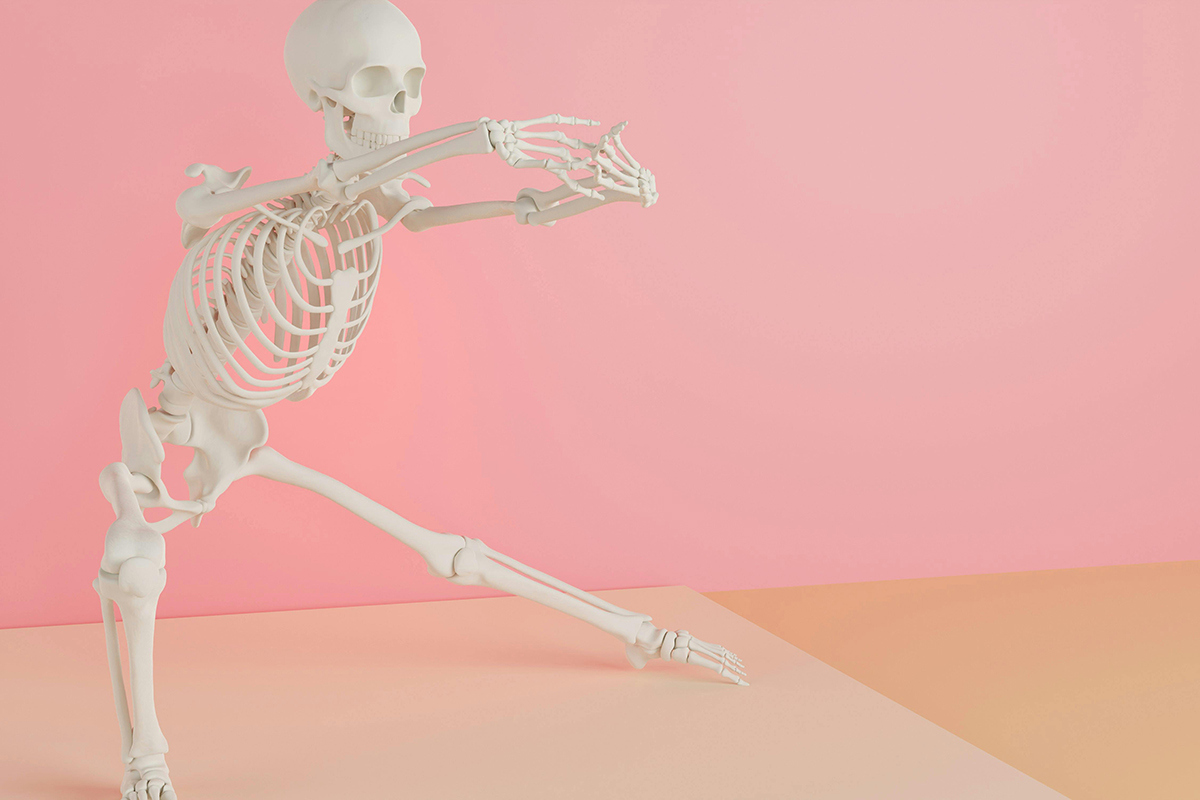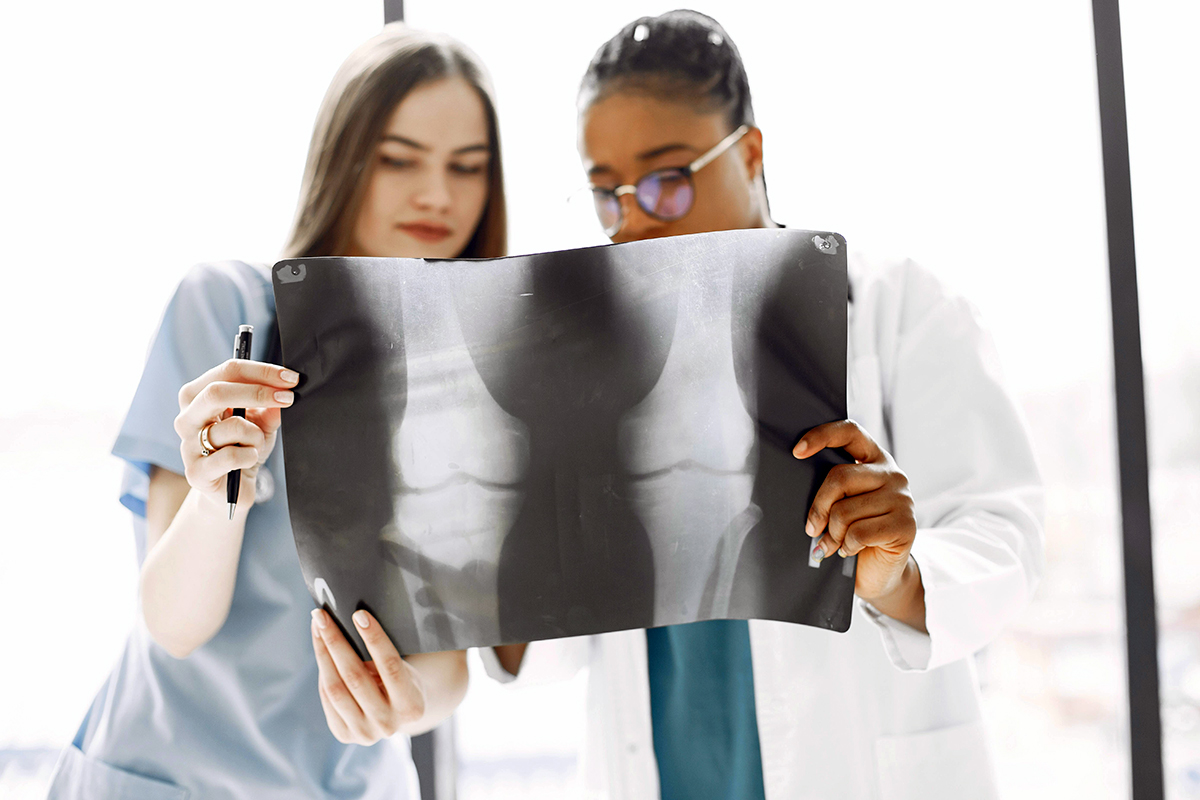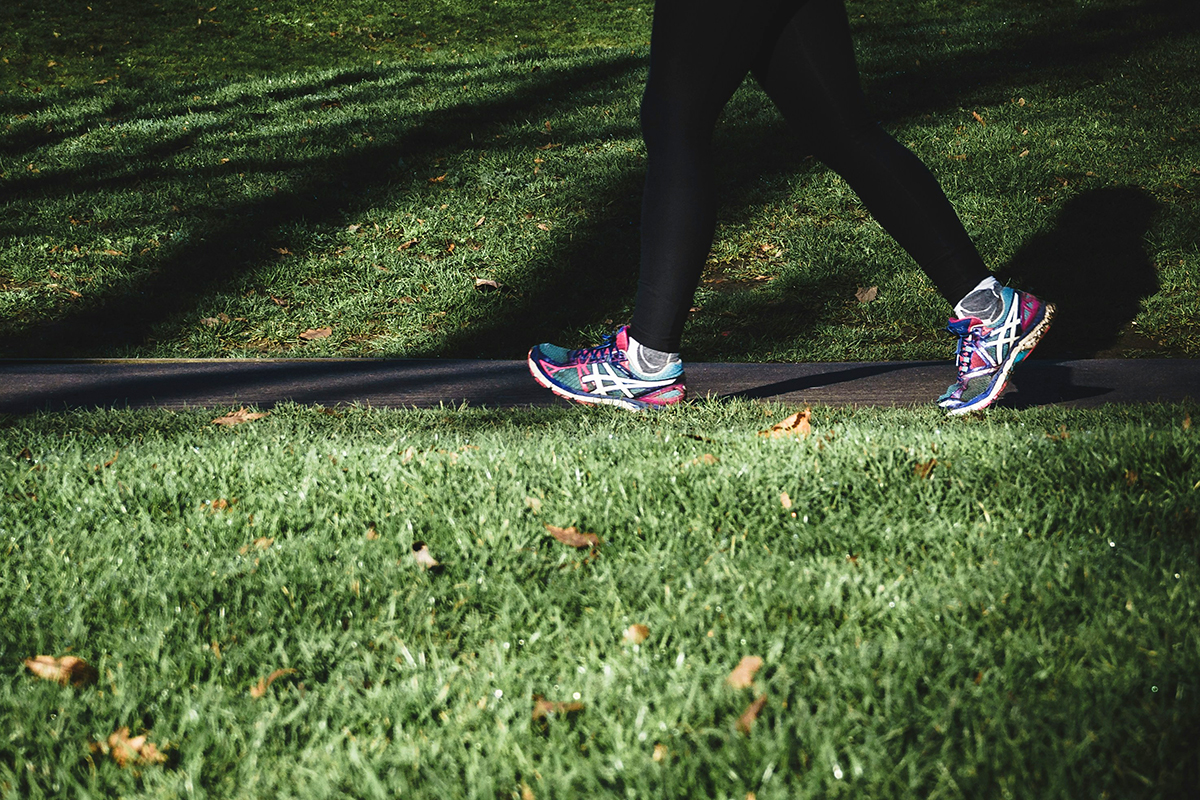Does calcium help bones? I am in my 40s, and my mom has osteoporosis. I want to do everything I can to avoid it. Will calcium help?
—Anonymous
Preventing osteoporosis is at the top of many women’s list of priorities in midlife. There are some things you can do now to build healthy bones, and consuming calcium may be one of them. But does more calcium equal stronger bones?

We do need a minimal amount of calcium to mineralize our bones. And the link between calcium and bone density has been the subject of many studies, but none of them answer your question exactly. This meta-analysis comprises data from randomized controlled trials of the effects of calcium and vitamin D on the bone density of postmenopausal women. The authors found that calcium and vitamin D in the form of dairy or supplements lead to an increase in bone density.
Studies in premenopausal women are often retrospective and rely on patients recalling their calcium intake. Or, like this meta-analysis, they look at the effects of calcium fortification of foods on the bone health of a population. These studies show that higher reported calcium intake is associated with higher bone density. But perhaps this increase is not related to calcium intake at all. Perhaps the people who reported increased calcium intake ate a higher-quality diet overall. We just don’t know.
About 15 years ago, some studies — this meta-analysis provides a good summary — were published that found that taking high doses of calcium supplements was associated with an increased risk of heart disease. However, taking calcium supplements in doses of less than 1,000 milligrams per day and eating a high-calcium diet are not associated with heart disease.
As a result, many of my colleagues and I base our recommendations for calcium intake on this other meta-analysis. We typically recommend that women over the age of 50 have a daily calcium intake of about 1,200 mg, including both dietary calcium and supplements. Most people who consume a balanced diet will get about 600 mg of calcium per day from food even if they don’t consume dairy. The other 600 mg can come from a calcium supplement. If you are under age 50, the benefits of the added 600 mg of calcium are less clear, but that level of supplementation is not harmful for most women.
The takeaway: In postmenopausal women, increased calcium intake has been shown to increase bone density, but high doses of calcium have been associated with an increased risk of heart disease. For most women over age 50, we recommend a total of 1,200 mg of calcium per day, with about half of that coming from calcium-containing foods. The benefits for younger women are less clear.
Community Guidelines



















Log in